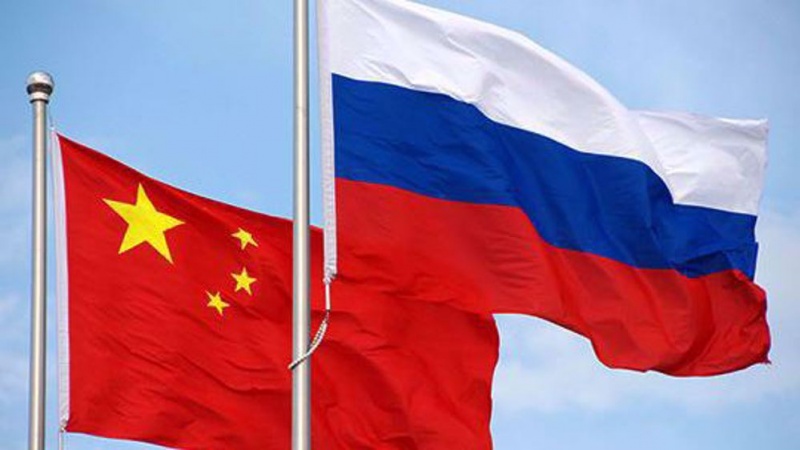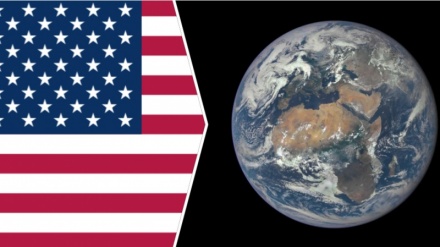Russia, China express 'strong dissatisfaction' with G7 communique
Russia and China have expressed "strong dissatisfaction" with the final statement issued at the end of the Group of Seven (G7) summit in the Japanese city of Hiroshima, a city that was destroyed by the US atomic bombing in 1945.
In a joint statement on Friday, which was revised on Saturday, the G7 -- consisting of the United States, Japan, Germany, Britain, France, Canada and Italy -- targeted both Russia and China with threats and disparaging remarks.
Russian Foreign Minister Sergei Lavrov said on Saturday that decisions taken at the G7 summit were aimed at the "double containment" of Russia and China.
Lavrov, in a televised conference, reiterated Moscow's viewpoint that the West is using Ukraine as a tool to inflict a strategic defeat on Russia.
"The task was set loudly and openly - to defeat Russia on the battlefield, but not to stop there, but to eliminate it as a geopolitical competitor," Lavrov noted.
"Look at the decisions that are being discussed and adopted today in Hiroshima at G7 summit of the Seven, and which are aimed at the double containment of Russia and China," Russia's top diplomat stated.
Lavrov said Moscow enjoyed the support of its many allies and Russia will weather the hardships despite the West's efforts to put pressure on countries to cut trade and economic ties with the Russian nation.
Russian President Vladimir Putin said on Friday that the West was trying to break Russia up into dozens of different states.
The US-led West is driving a wedge between different ethnic and national groups in Russia and breaking the country up into dozens of different states, Putin warned.
Beijing, in a similar approach, showed its strong disapproval of the G7 for smearing and attacking the Chinese nation.
The Chinese Foreign Ministry said on Saturday that it has lodged stern representations to the G7 summit's host, Japan, and other relevant parties after the group criticized Chinese policies in regard to Hong Kong, Xinjiang and Tibet.
The group advocates "promoting a peaceful, stable and prosperous world," but what it does is hinder international peace, undermine regional stability and curb other countries' development, the statement said, adding that it simply shows how little international credibility means to the G7.
The Chinese Foreign Ministry's statement pointed out that Taiwan is China's Taiwan and resolving the question is a matter for the Chinese. It reiterated that the one-China principle is the solid anchor for peace and stability across the Taiwan Strait.
ME



